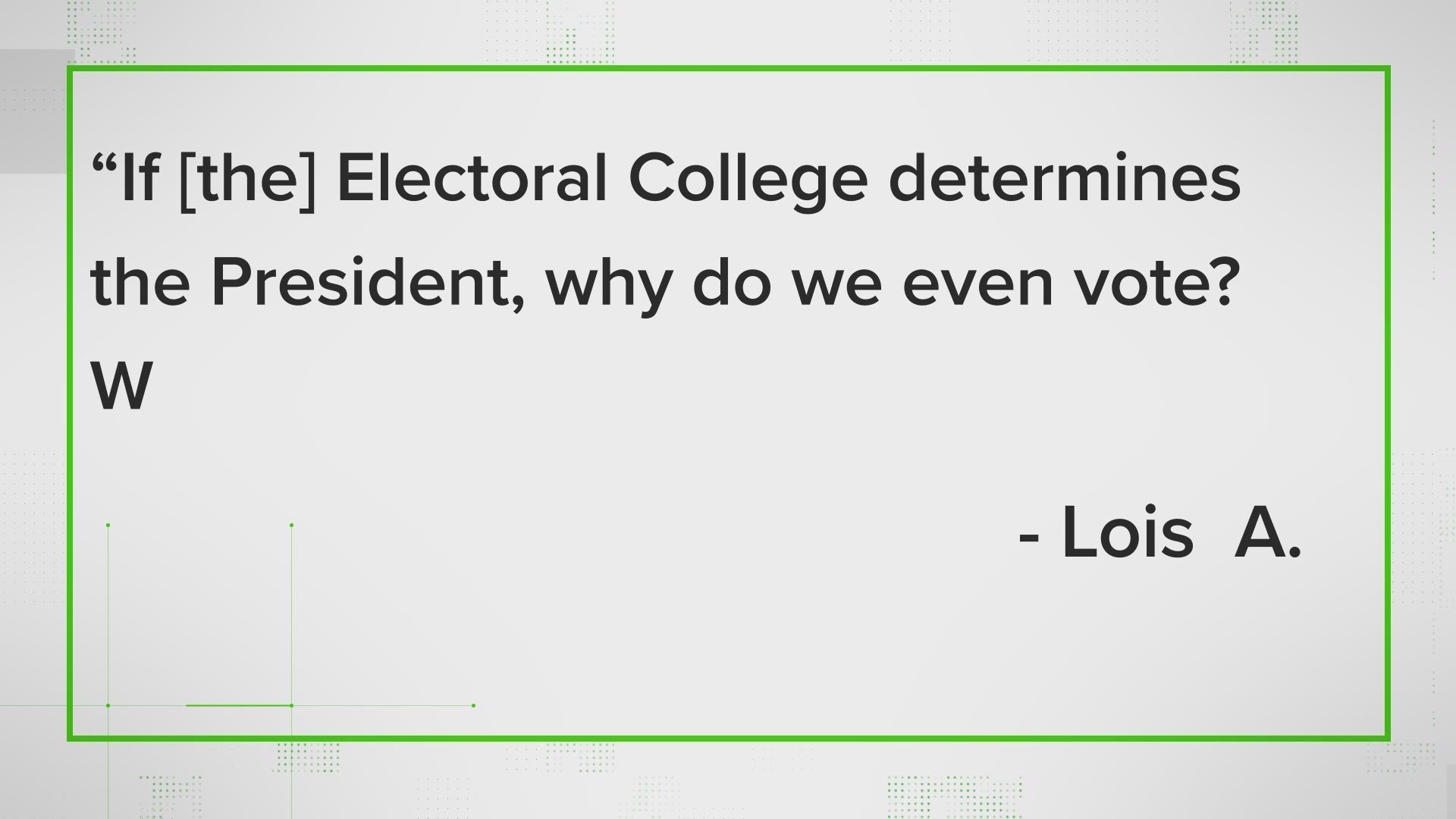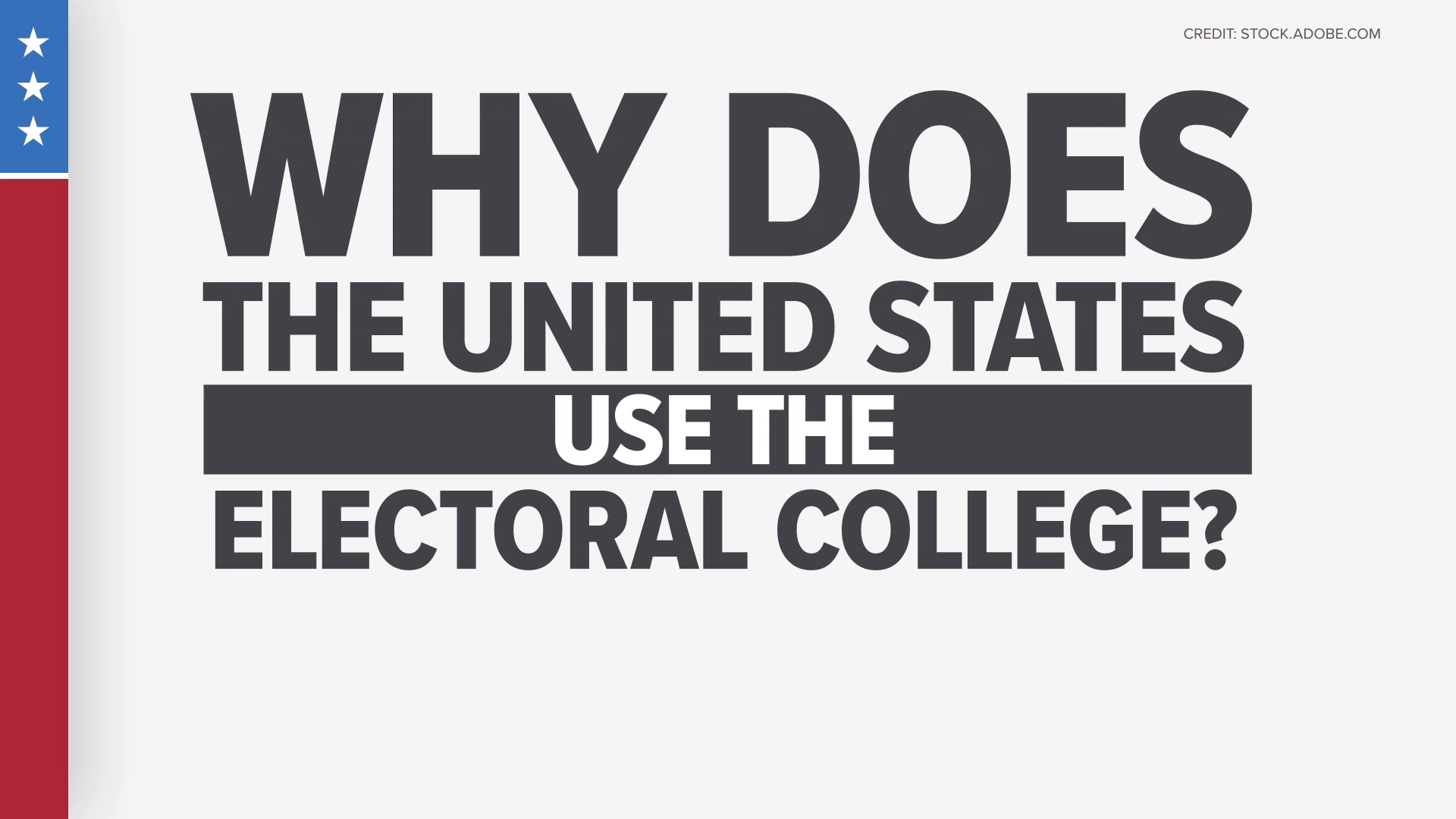Fifteen states have joined a coalition to effectively end the Electoral College by using it against itself.
Colorado voters approved a measure to join the National Popular Vote Interstate Compact last week. Under the compact, the 15 states and District of Columbia would award their electoral votes to the candidate who wins the nationwide popular vote.
The states, located mostly on the east and west coasts, have 196 of the 270 required electoral votes needed to win the presidency. They have agreed that the compact won't take effect until they have enough states committed to reach 270 electoral votes.
The Electoral College awards electoral votes to states based on their representation in Congress. For example, Indiana has nine representatives, plus two senators, for a total of 11 electoral votes. Most states award their full allotment of electoral votes to the candidate who carries the popular vote in their state.
Twice in the past five elections, including President Donald Trump's win in 2016, the candidate who won the Electoral College did not win the popular vote.
"The Electoral College was put in place specifically to guard against large, more powerful states to give an equal voice to the more rural, less populated states," Augusta University professor Craig Albert told VERIFY.
The Electoral College could only be eliminated by constitutional amendment, which would require a 2/3 vote from Congress and then be ratified by 3/4 of the states.
The last amendment to be added to the U.S. Constitution was the 27th Amendment in 1992. That amendment, which dealt with congressional pay, was initially proposed in 1789 alongside the ten amendments that became Bill of Rights.
States that have passed the legislation include California, Colorado, Connecticut, Delaware, Hawaii, Illinois, Maryland, Massachusetts, New Jersey, New Mexico, New York, Oregon, Rhode Island, Vermont and Washington, plus the District of Columbia.


